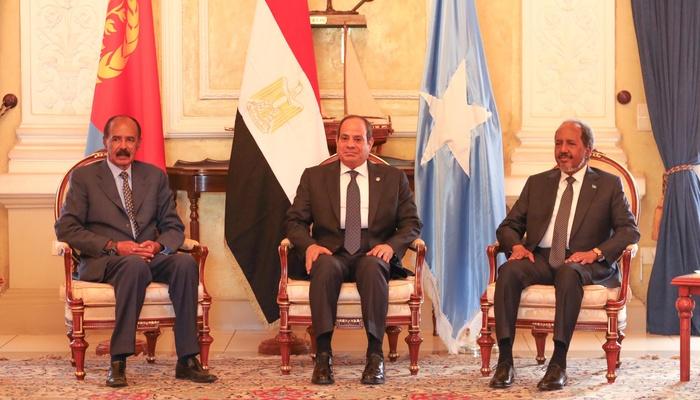The terrorist attack on tourists in Kashmir reignites tensions between India and Pakistan
On 22 April, armed militants opened fire on a group of tourists in the Baisaran Valley, located just a few kilometres from the town of Pahalgam in the Anantnag district, part of the Indian Union Territory of Jammu and Kashmir. According to initial reports, the attack resulted in approximately 28 fatalities and 20 injuries, making it one of the deadliest incidents in recent years. The assault is believed to be attributable to The Resistance Front (TRF), a group that emerged in August 2019 following the New Delhi government’s decision to revoke the special status, and thus the partial autonomy regime, of the state of Jammu and Kashmir. The TRF is reportedly linked to the jihadist group Lashkar-e-Taiba (LeT), which, along with Jaish-e-Mohammed (JeM), has played a central role in the decades-long conflict with Indian authorities and has been responsible for the majority of terrorist activities in the country. The TRF’s good recruiting ability also emerges from an analysis of the available data. Indeed, from 2022 to date, it is estimated that over 60 per cent of the militiamen killed by Indian security forces in Jammu and Kashmir were directly or indirectly linked to the group.
The use of small units composed of a handful of militants armed with assault rifles, primarily AK-47s which are frequently seized in the area, appears to confirm a shift in the operational methods of jihadist groups active in the region. This tactical change likely stems from the need to adapt to the weakening brought about by extensive Indian counterterrorism operations, coupled with the growing difficulty of organising large-scale attacks in a territory that remains heavily militarised. In the aftermath of the incident, the attackers reportedly managed to flee, and Indian security forces continue to carry out search operations in the area.
The TRF, whose activities were officially banned by New Delhi in 2023, claimed responsibility for an attack in October 2024 at a tunnel construction site in the Ganderbal district, also located in Jammu and Kashmir. That incident resulted in the deaths of seven people, most of whom were migrant workers. The targeting of labourers coming from other parts of India reflects the intention of jihadist groups to prevent the settlement of internal migrants, in an effort to preserve the demographic and religious balance in Muslim-majority areas. The attacks on tourists also serve the group’s goal of attracting international attention and undermining the region’s image of stability, promoted by the government and also corroborated by the increase in foreign visitors. In an attempt to promote a sense of normalcy, India organised a G20 meeting on tourism in 2023 in Srinagar, the capital of the Jammu and Kashmir region, a move that prompted protests from both Pakistan and China.
Following the attack, tensions between India and Pakistan have sharply increased, with the latter once again accused of supporting regional terrorist activity. As a result, the incident may prompt India to respond forcefully, as it did in 2019, potentially carrying out targeted strikes on Pakistani territory against positions and supply lines of jihadist groups operating in Kashmir. Among the non-military options available to India are the possible suspension of the Indus Waters Treaty, the severing of communication channels at all levels, and the closure of the Wagah-Attari border crossing.
Several factors make a strong Indian response likely. First, the timing of the attack, which occurred during the visit of US Vice President J.D. Vance to the country. The presence of a high-level guest in the country exacerbates the image damage for India and increases the likelihood of a forceful response. Second, an Indian show of strength, if limited in scope and duration, would likely not encounter opposition from the Trump administration, further raising its chances. Finally, Prime Minister Modi’s early return from an important visit to Saudi Arabia suggests that a robust response could occur in the coming hours. Meanwhile, high-level meetings are taking place between India’s National Security Advisor, Ajit Doval, and Minister Amit Shah, during which all available options will likely be considered. Further indications of potential operations targeting the support network for jihadists in Kashmir have also come from India’s Defence Minister, Rajnath Singh, who stated that the country will not limit itself to striking the perpetrators, but will also seek out those who orchestrated the attacks.





